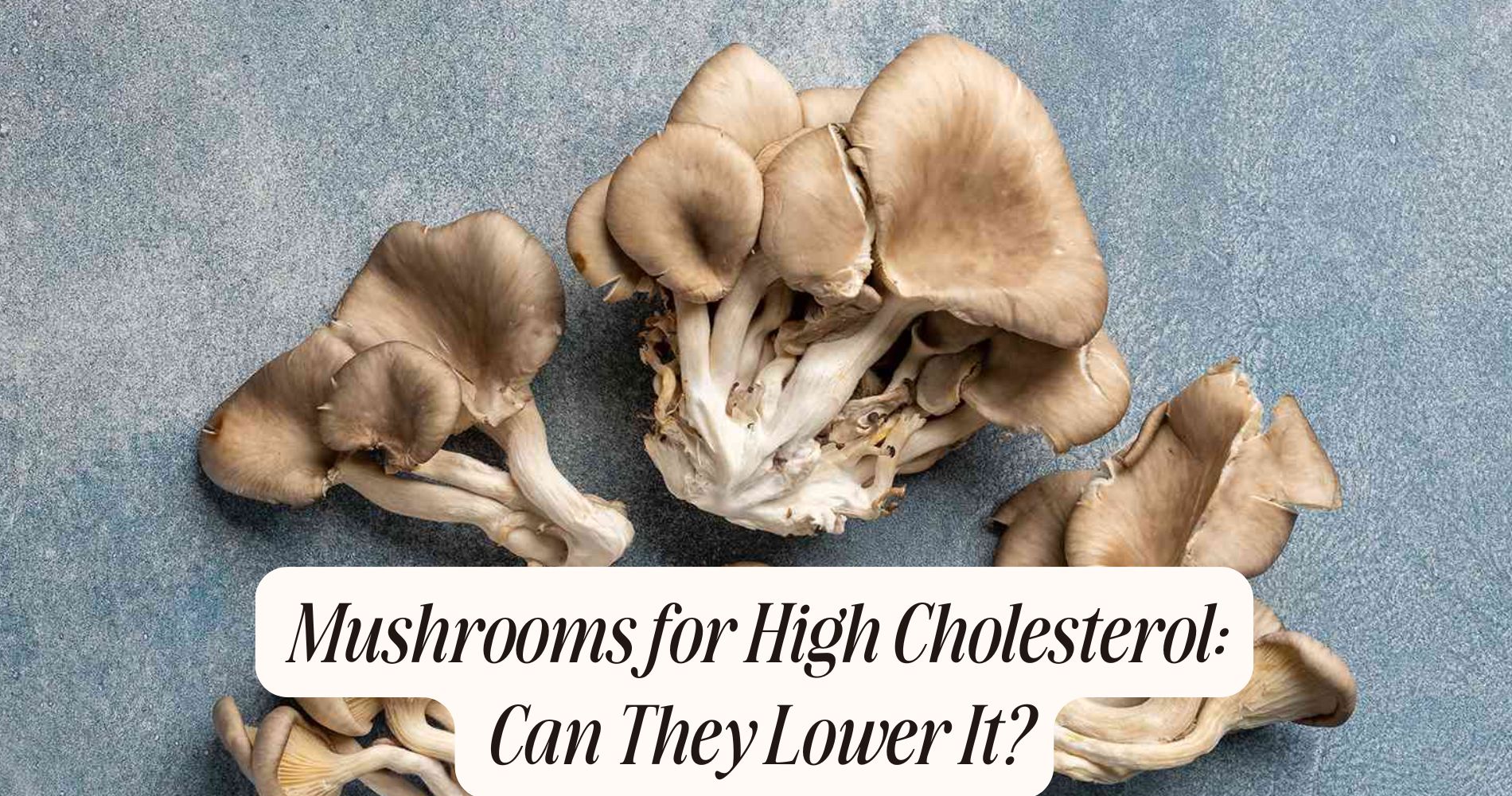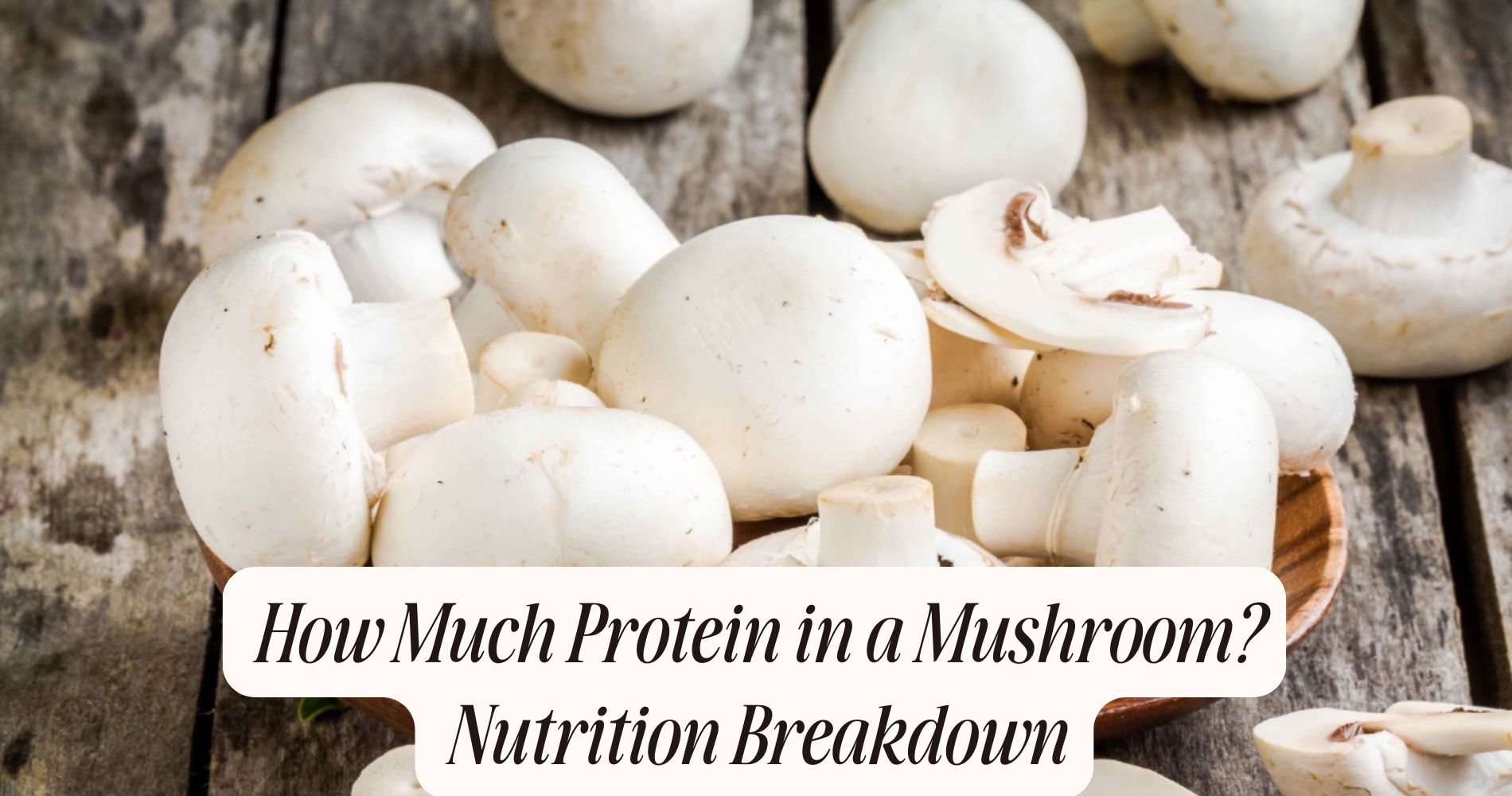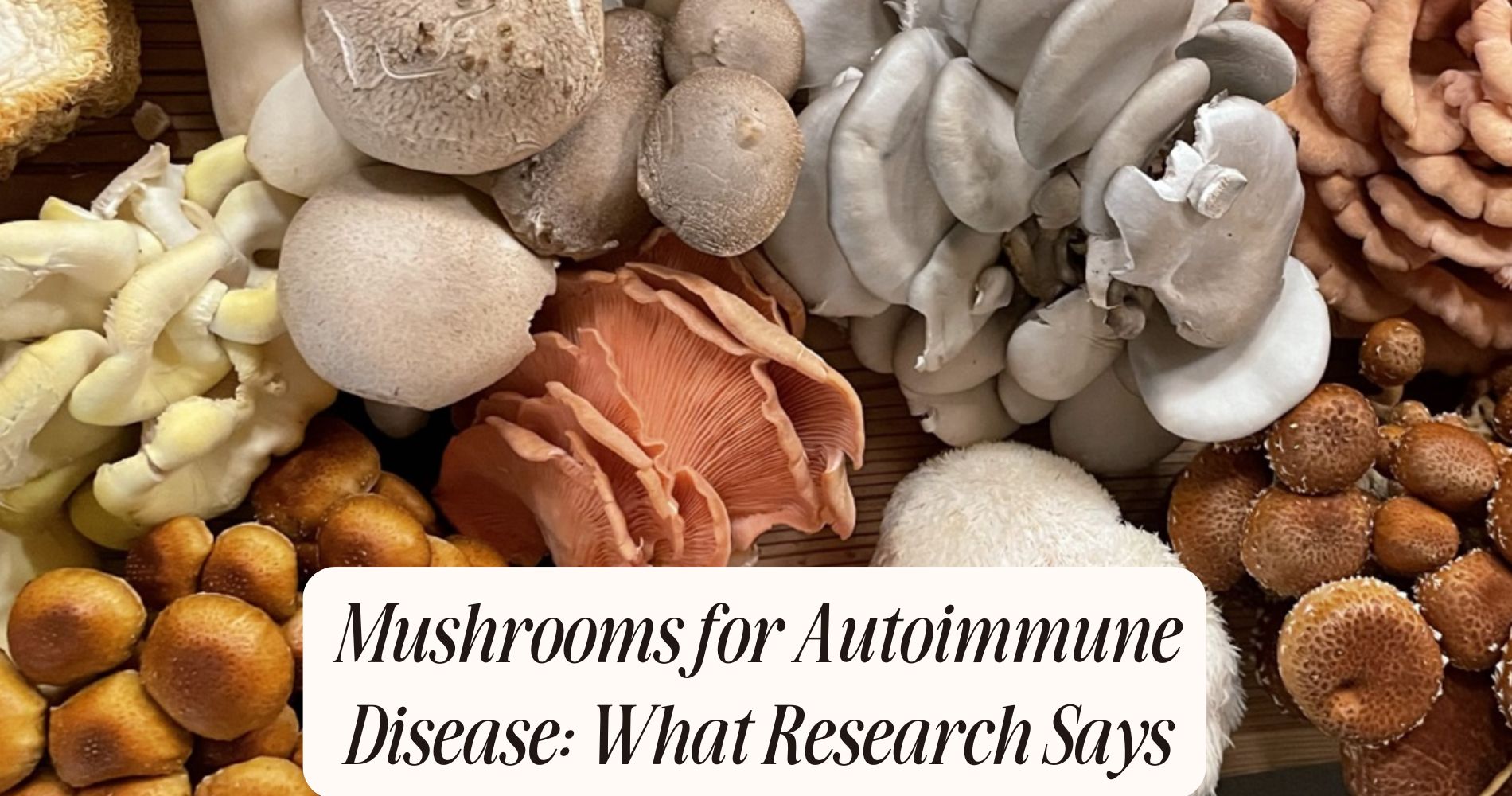
Mushrooms for High Cholesterol: Can They Lower It?
If you're looking for natural ways to manage cholesterol, mushrooms for high cholesterol may offer significant benefits. Varieties like shiitake, oyster, and maitake contain beta-glucans and eritadenine, compounds that can help lower LDL (bad) cholesterol and support heart health. These mushrooms also provide fiber and antioxidants, which aid in cholesterol metabolism and overall cardiovascular function. While research continues to explore their full effects, incorporating these mushrooms into your diet may be a smart step toward better heart health. Keep reading to discover how they can fit into your wellness routine!
Understanding High Cholesterol and Its Risks
When you understand high cholesterol, you can better appreciate its risks to your health. High cholesterol occurs when you have excess low-density lipoprotein (LDL) in your bloodstream. This can lead to plaque buildup in arteries, increasing the risk of heart disease and stroke.
Effective cholesterol management is essential for maintaining heart health. You should aim to keep LDL levels low while raising high-density lipoprotein (HDL), which helps remove cholesterol from the bloodstream.
Studies show that lifestyle changes, such as a balanced diet and regular exercise, play a key role in managing cholesterol levels. Medications may also be necessary for some.
Monitoring your cholesterol levels through regular check-ups will help you track your progress and make informed decisions about your heart health.
The Nutritional Profile of Mushrooms
Although often overlooked, mushrooms boast a rich nutritional profile that can benefit your overall health, including cholesterol management. Different mushroom varieties, such as shiitake, oyster, and maitake, offer unique nutrient benefits.
They're low in calories and high in essential nutrients like fiber, which promotes heart health. Additionally, mushrooms contain antioxidants, including ergothioneine, which can help reduce oxidative stress, a factor linked to high cholesterol levels.

Mushrooms are also a good source of B vitamins, which support energy metabolism and overall wellness. Some varieties contain beta-glucans, a type of soluble fiber known for its cholesterol-lowering properties.
Plus, they provide minerals like selenium and potassium, important for cardiovascular health. By incorporating various mushroom varieties into your diet, you can enjoy these nutritional benefits.
Scientific Studies on Mushrooms and Cholesterol
Exploring the nutritional benefits of mushrooms naturally leads to examining the scientific studies that highlight their impact on cholesterol levels.
Research shows that mushroom compounds like beta-glucans and ergosterol may influence cholesterol metabolism. These compounds can interact with enzymes involved in cholesterol synthesis, potentially reducing LDL cholesterol levels.
Some studies suggest that these mushrooms' bioactive components can enhance the excretion of bile acids, a process which can lower cholesterol in the blood.
However, it's crucial to note that while some studies are promising, more extensive clinical trials are needed to confirm these effects universally.
Types of Mushrooms That May Help Lower Cholesterol
Mushrooms, such as shiitake, oyster, and maitake, are gaining attention for their potential cholesterol-lowering properties.
Shiitake mushrooms contain eritadenine, a compound that may help lower cholesterol levels by promoting the excretion of fat in bile. Among the shiitake benefits are their ability to support heart health, making them a valuable addition to your diet.
Oyster mushrooms, rich in beta-glucans, are known to help reduce bad cholesterol (LDL) levels. They also offer antioxidant properties that contribute to overall cardiovascular health.
Maitake mushrooms, another promising variety, contain polysaccharides that can enhance the immune system and help regulate blood pressure.

Including these mushrooms in your meals might be an effective, natural strategy to manage cholesterol levels.
Incorporating Mushrooms Into Your Diet
Whether you're looking to enhance your meals with nutritious ingredients or seeking natural ways to manage cholesterol, incorporating mushrooms into your diet can offer numerous health benefits.
Start by exploring diverse mushroom recipes, such as adding sliced mushrooms to salads, stir-fries, or soups. These fungi are rich in fiber and antioxidants, which may support cholesterol reduction. For a more substantial dish, try a mushroom risotto or a savory mushroom omelet.
When planning meals, dietary tips include substituting meat with mushrooms to lower saturated fat intake. Use portobello mushrooms as a burger alternative or add them to pasta dishes for a hearty texture.
Regularly including mushrooms in your diet not only diversifies your menu but also contributes to heart health.
Precautions and Considerations
While mushrooms offer numerous benefits for managing cholesterol, it's important to be mindful of certain precautions. Not all mushrooms are safe for everyone, and mushroom safety should always be a priority. Some varieties can be toxic or cause allergic reactions, so knowing your mushrooms is essential. If you're unsure, consult a professional before adding new types to your diet.

Additionally, consider your dietary restrictions. For instance, if you follow a low-sodium diet, be cautious with processed mushroom products, which might contain added salt.
If you're taking medication for cholesterol, consult your healthcare provider to avoid potential interactions. Though mushrooms can be a helpful addition to a cholesterol-lowering diet, they should complement, not replace, prescribed treatments and a balanced diet.
Support Heart Health with SUPER MUSHROOM GUMMIES
Looking for an easy way to incorporate cholesterol-lowering mushrooms into your routine? SUPER MUSHROOM GUMMIES by Well Gummies deliver the power of 10 functional mushrooms in a convenient, delicious chew. Packed with heart-friendly mushrooms like shiitake and reishi, these gummies help support healthy cholesterol levels, boost energy, and strengthen immunity. With a refreshing wild berry taste—just like your favorite candy—you’ll enjoy every bite without jitters or crashes. Elevate your wellness with calmer energy, sharper focus, and total-body balance every day!
Frequently Asked Questions
Can Mushrooms Interact With Cholesterol-Lowering Medications?
You're wondering if mushrooms interact with cholesterol-lowering medications. Evidence is limited, but mushrooms can affect medication effects due to their bioactive compounds. Always consult your healthcare provider before combining mushrooms with your medication regimen for personalized advice.
Are There Any Mushrooms That Should Be Avoided for Cholesterol Management?
You shouldn't avoid specific mushroom types outright for cholesterol management. Instead, focus on maintaining balanced cholesterol levels through a varied diet. No evidence suggests any particular mushroom negatively impacts cholesterol, but always consult your healthcare provider.
How Do Mushrooms Compare to Other Natural Cholesterol-Lowering Foods?
When comparing mushroom types to other cholesterol-lowering foods, consider their dietary fiber content. Mushrooms, like certain vegetables and grains, provide fiber, but you should also explore nuts, oats, and fruits for thorough cholesterol management.
Can Mushroom Supplements Be as Effective as Eating Fresh Mushrooms?
You might wonder if mushroom supplements offer the same benefits as fresh ones. While supplements can provide similar advantages, ideal results depend on proper supplement dosage. Always compare product studies and consult a healthcare professional for guidance.
Do Cooking Methods Affect Mushrooms' Cholesterol-Lowering Properties?
Yes, cooking techniques and preparation methods can impact mushrooms' cholesterol-lowering properties. Cooking might alter nutrients, so using gentle methods like steaming or sautéing could help retain their beneficial compounds, maintaining their potential health benefits.
Conclusion
Incorporating mushrooms into your diet might help lower cholesterol, thanks to their rich nutritional profile. Scientific studies suggest certain types, like shiitake and oyster mushrooms, could be beneficial. However, it's important to balance these findings with a thorough approach to managing cholesterol, including diet, exercise, and medical guidance. Always consult your healthcare provider before making significant changes. By staying informed and proactive, you can effectively manage your cholesterol levels for better heart health.




